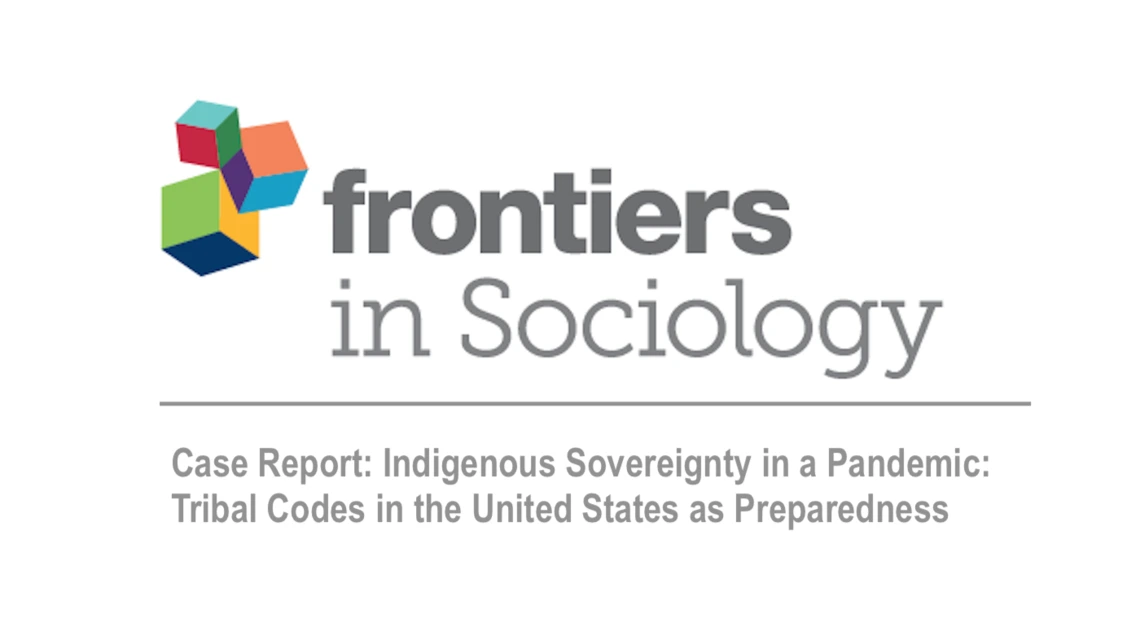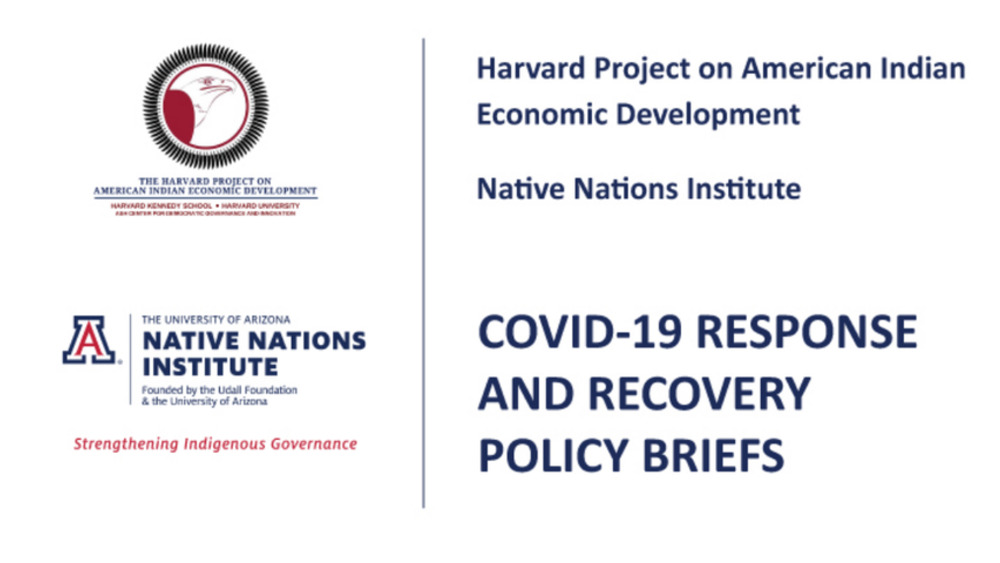Indigenous Peoples globally and in the United States have combatted and continue to face disease, genocide, and erasure, often the systemic result of settler colonial policies that seek to eradicate Indigenous communities. Many Native nations in the United States have asserted their inherent sovereign authority to protect their citizens by passing tribal public health and emergency codes to support their public health infrastructures. While the current COVID-19 pandemic affects everyone, marginalized and Indigenous communities in the United States experience disproportionate burdens of COVID-19 morbidity and mortality as well as socioeconomic and environmental impacts. In this brief research report, we examine 41 publicly available tribal public health and emergency preparedness codes to gain a better understanding of the institutional public health capacity that exists during this time. Of the codes collected, only nine mention any data sharing provisions with local, state, and federal officials while 21 reference communicable diseases. The existence of these public health institutions is not directly tied to the outcomes in the current pandemic; however, it is plausible that having such codes in place makes responding to public health crises now and in the future less reactionary and more proactive in meeting community needs. These tribal institutions advance the public health outcomes that we all want to see in our communities.
Additional Information
Hiraldo D, James K and Carroll SR (2021) Case Report: Indigenous Sovereignty in a Pandemic: Tribal Codes in the United States as Preparedness. Frontiers in Sociology. 6:617995. doi: 10.3389/fsoc.2021.617995




